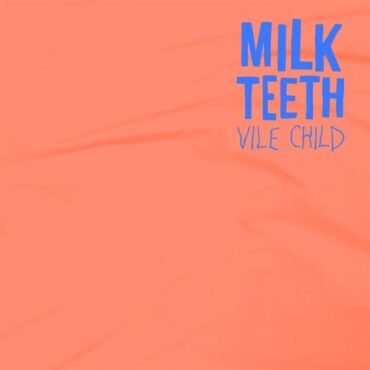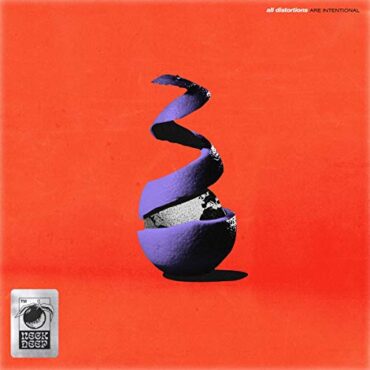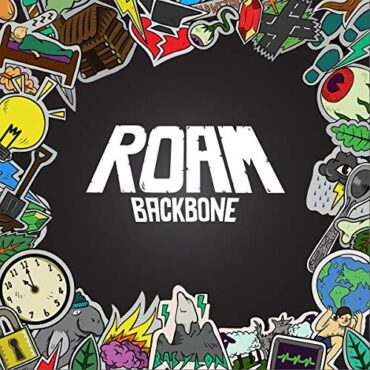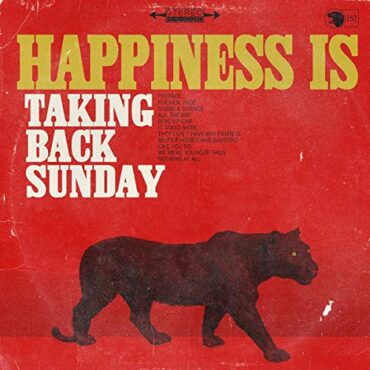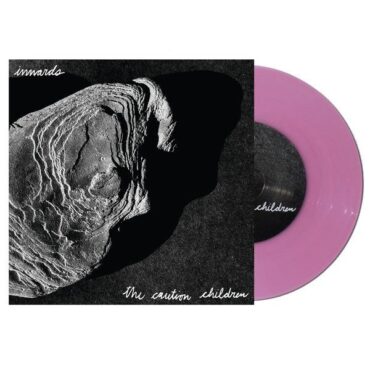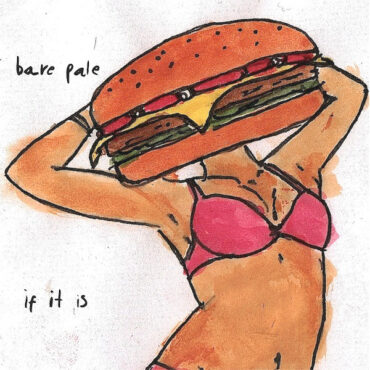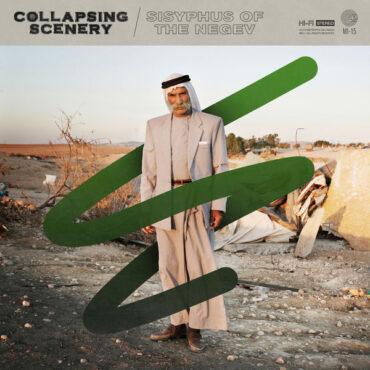HOPELESS RECORDS

Hopeless Records was founded in 1993 by Louis Posen. The label’s artists are generally considered to fall under the genres of punk rock, pop punk, post-hardcore, and alternative rock, but some also include elements of heavy metal. Some of their best-known artists include All Time Low, Sum 41, Neck Deep, Avenged Sevenfold, Thrice, Yellowcard, Anarbor, Taking Back Sunday, Silverstein, We Are The In Crowd, Bayside, The Used, The Wonder Years, The Human Abstract and Enter Shikari.[7]
The label’s “charitable arm,” Sub City Records, produces the annual Take Action Tour.[8] Each year Hopeless/Sub City releases a benefit compilation Take Action! which is a multidisc compilation of punk and other independent bands. The CD release usually coincides with the annual Take Action Tour.
In July 2008, Hopeless Records announced that it had launched a new imprint, P Is for Panda. It was originally started in 2007 as a clothing line by The Militia Group founder Chad Pearson. The label released its first album, a various artists compilation in August 2008.[9]
As characteristics, these words have become watered down in society’s vernacular. Every young, do-it-yourself garage band is considered hard-working. Every upstart record label has motivation. Positivity is a trait deeply ingrained in the DNA of the punk and hardcore subcultures.
It’s unfortunate that such words have lost some value by being overused, because there aren’t many better ways to describe Hopeless Records. The first 20 years of Hopeless have been years of constant growth: In those two decades, it has been transformed from small beginnings as the punk-centric hobby of founder Louis Posen into one of the largest independent record labels in the world according to market share, while releasing music spread across a valley of genres. It has developed a charity subsidiary called Sub City, which has raised over $2 million for over 50 different causes since 1999. Hopeless is much more than one man’s hobby now – it’s become one of the most recognizable and important names in independent music.
“We’re always trying to learn and grow,” Posen says. “As a company we ask,
Whether it’s reaching fans, helping our artists grow or connecting to the community, we constantly want to make sure we’re doing our best.”
But Hopeless was not started with such lofty goals. It didn’t receive startup funding from a venture capitalist. It was not the offspring of a major record corporation. In fact, its foundation was sparked by nothing more than a dare: When Posen was directing a video for now-legendary punk-rockers Guttermouth, the band asked him to put out their 7-inch despite his limited knowledge of the music industry. Posen had $1,000 to his name and a book titled How To Run An Independent Record Label. He asked friends like Fat Mike for tips on how to run a label, read magazines and paid attention to the advertisements in them, visited his local record store and learned everything by simply being a fan. The rest, as they say, is history.
Except it’s not. The story of Hopeless Records can be told as a story of a man seeing more and more clearly as his vision slowly declined. Posen, diagnosed with Retinitis Pigmentosa at age 19, is legally blind now at age 42 – but what you and I can see is no more or less important than what Posen sees.
“In reflection, my disability has been more of an advantage than a disadvantage,” Posen reveals. “I feel as though I’ve constantly been building skills – at first unconsciously – while working around it, and these skills have been helpful in leadership, business and relationships.
“I probably would have become a much meaner person,” he laughs. “I wouldn’t have been such a good listener, I would have been less empathetic, I wouldn’t be as patient or as oriented toward problem-solving. And now, these qualities are a big part of how we approach everything at Hopeless – from being good communicators and never looking for excuses, all the way up to who we sign and who we hire to be a part of our company.”
Posen looks at his 20-year-old baby – now grown, now strong, now fiercely competitive and permanently relevant – and he isn’t satiated by the recognitions Hopeless and Sub City have received. He isn’t overwhelmed with pride. Instead, Posen sees a way to help others – from the young musicians who want to live their dreams to the charities who give back to humanity to the fans who want to find a deep and important connection to something that makes them feel alive. In different ways, 20 years is long and it’s short. Posen says it’s gone by “very quick” – quick enough that nothing is considered done just yet.
Showing all 9 results
Showing all 9 results



